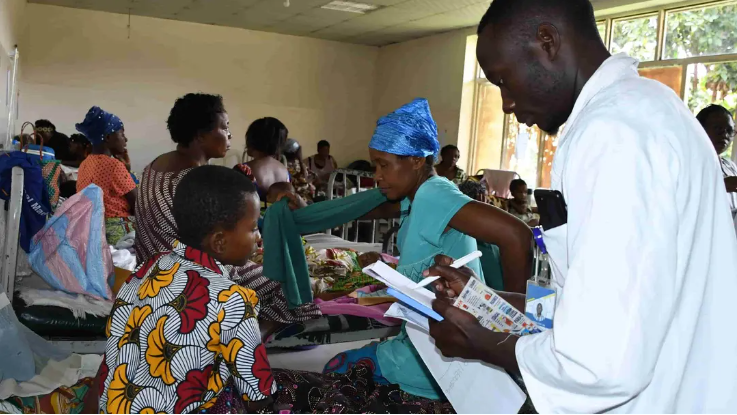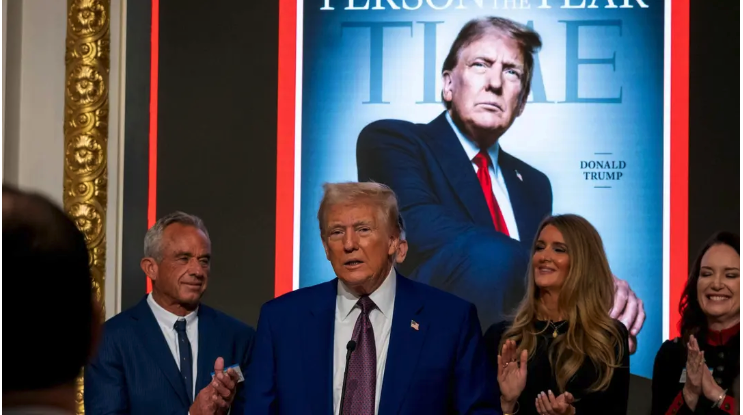Government Threatens Legal Action in SKorea Doctor Strike
Junior doctors in South Korea are expected to continue their strike against the government’s plan to drastically increase the quota for medical students in the country, even as the government threatens to revoke their medical licenses and potentially pursue legal action....
Facts
- Junior doctors in South Korea are expected to continue their strike against the government’s plan to drastically increase the quota for medical students in the country, even as the government threatens to revoke their medical licenses and potentially pursue legal action.1
- The South Korean government set a Thursday deadline for medical interns and residents to return to work, but as of Wednesday night, 9K of the country’s 13K junior doctors left their hospitals after submitting resignations, while only 294 had returned to work.2
- Thousands of junior doctors went on strike early last week. Vice Health Minister Park Min-soo said that striking doctors would avoid repercussions if they returned on Thursday, and the government will announce formal steps towards penalties on Monday.3
- Park said he invited striking doctors to hold discussions, but the Korean Medical Association critiqued the government's 'intimidation tactics,' refusing to comment on negotiations. South Korean law allows the government to order doctors to return to work for public health risks.4
- The walkouts center around the government’s plan to increase the number of medical school admittees from 3K to 5kK with aims of adding 10k new doctors by 2035 to support a rapidly aging population. However, strikers say the plan will only increase the number of subpar doctors.5
- While trainee doctors account for a relatively small percentage of South Korea’s doctors, they make up 40% of the staff at some larger hospitals. Many junior doctors complain that they work 100-hour weeks and are being exploited for cheap labor.6
Sources: 1US News & World Report, 2ABC News, 3Associated Press, 4Al Jazeera, 5NBC and 6BBC News.
Narratives
- Narrative A, as provided by Korea Herald. South Korean junior doctors have legitimate reasons to continue their protests, and the government would be wise to listen to them instead of threatening the nation's youngest medical professionals. Despite an aging population, the South Korean medical system is running smoothly, and there is no reason to impose a near-70% increase in the number of medical students. This rash and dramatic decision would only decrease the quality of medical education and promote unqualified prospective students. Instead, the government should work to fairly compensate medical interns and residents for their tireless labor and promote a system that rewards the next generation of doctors.
- Narrative B, as provided by Korea JoongAng Daily. Trainee doctors have made their position loud and clear, and it is now time for them to return to work and resume providing necessary healthcare. The entire dispute revolves around the looming population troubles that await South Korea given its rapidly aging population, and the government is looking to take steps to avert a potential crisis. Meanwhile, young doctors don’t believe that the situation is dire and doesn't merit a dramatic increase in medical school classrooms. Regardless of whether there’s a medical crisis in the future, this strike is unnecessarily creating a medical disaster right now. The government has been patient, and it's time for doctors to come back.







